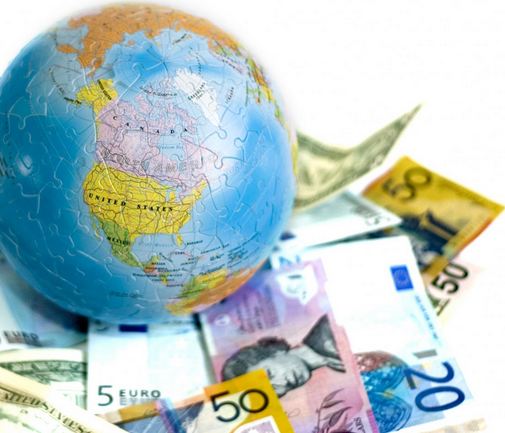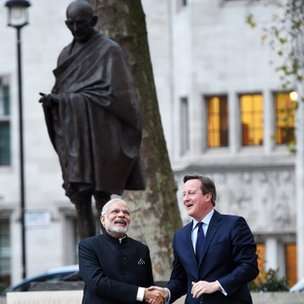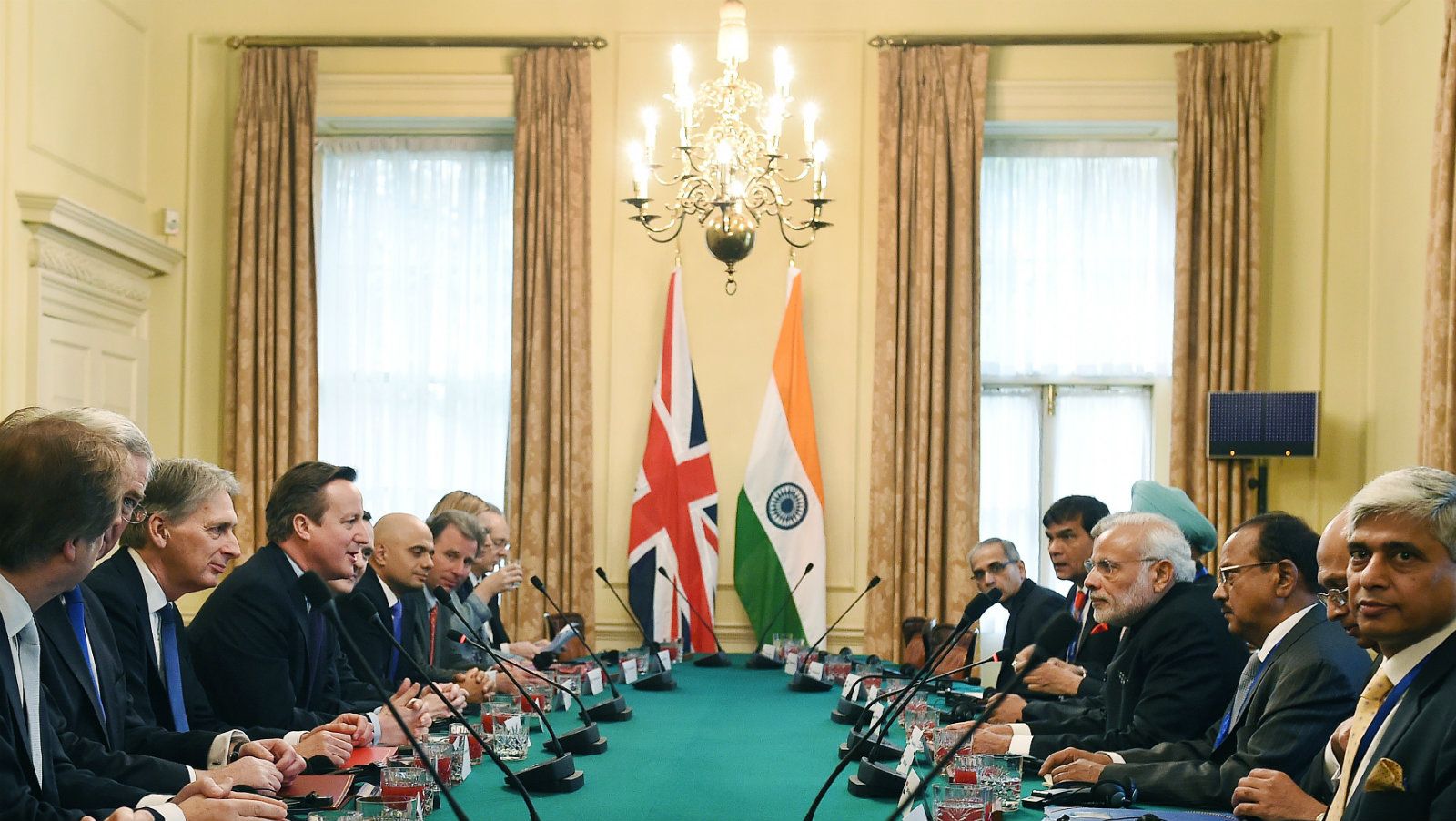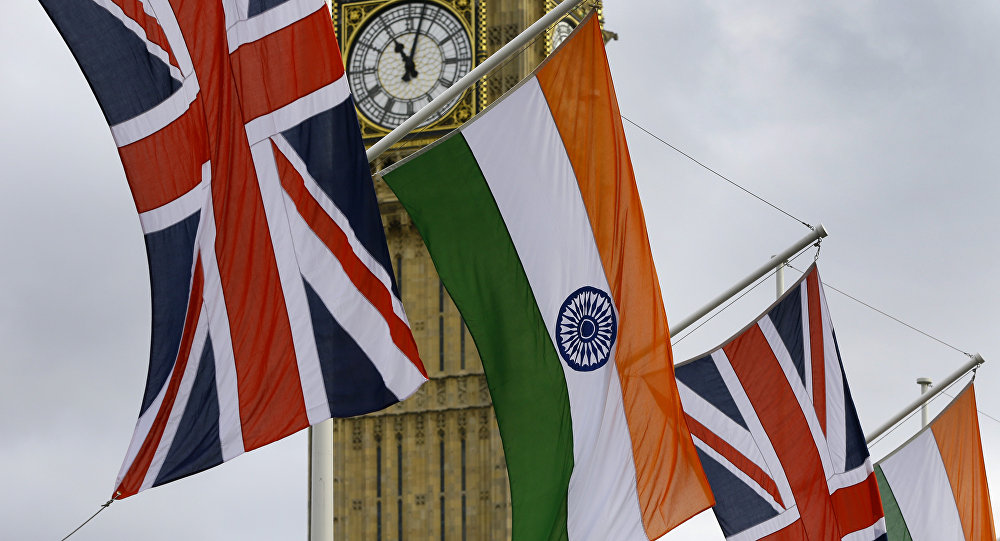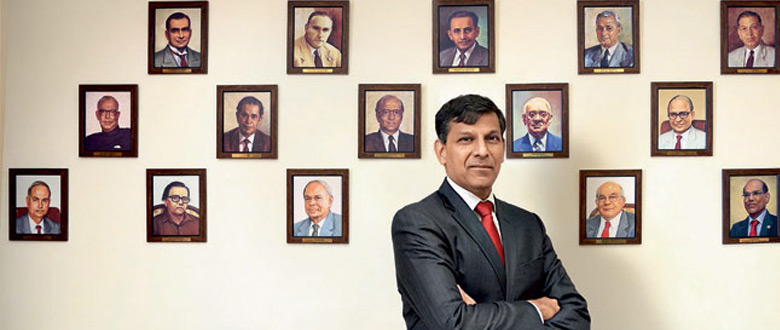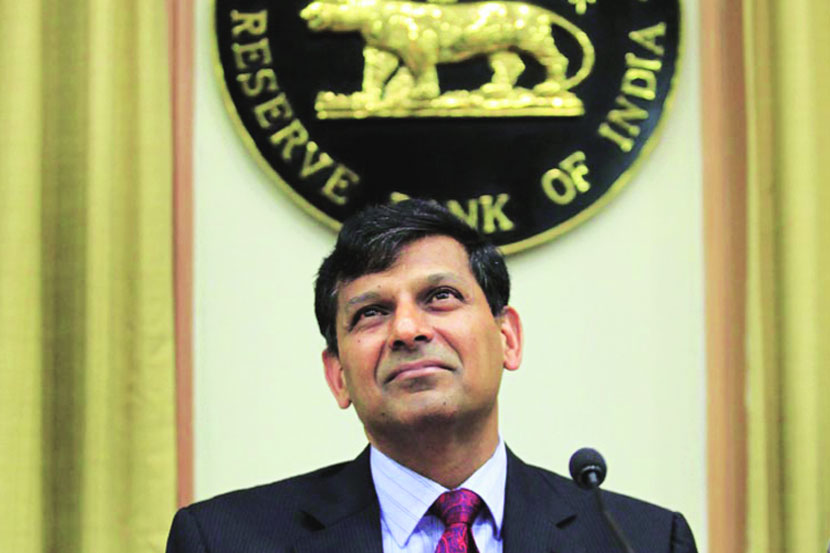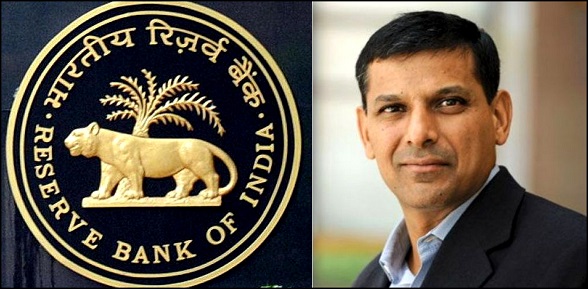In light of the economic downturn our world has been facing due to the COVID-19 pandemic, it can be more than considered the biggest and worst economic calamity post the Great Depression. According to the IMF, the global economy was expected to grow 3 percent in January 2020, but instead, it is now estimated to fall 3 percent, which can be assumed to be way worse than during the period of the Great Recession in 2008-09. If the pandemics in the past are to be analyzed, they have more adversely affected the poor and downtrodden section in comparison to the upper class. Leading economists worldwide have stated the COVID-19 pandemic will create a further economic divide between the rich and poor, leading to unforeseen inequality. Furthermore, it has been observed that pandemics have augmented unemployment and inequality more for low-skilled workers or people with basic education than people with advanced degrees.
Migrant and daily wage labourers have suffered severely due to the pandemic after a nationwide lockdown was announced in March 2020. The ultra-rich population of India has successfully managed to keep themselves away from harm’s way, but the low-income families have been facing the brunt of the crisis as they are forced to deal with the pandemic with limited or no resources. According to research conducted in January 2020, India’s richest 1 percent were accounted to have held more than four times the wealth held by 953 million people who made up the bottom 70 percent of the nation’s population. Therefore, upcoming government policies to uplift the nation’s economy needs to particularly focus on preventing a long-term dent in the livelihoods of the poor and disadvantaged section of the society. A stronger public healthcare system is one of the most important demands in the current situation, but unemployment benefits, boosting public work programs to present job opportunities, providing financing opportunities to sustain employment, and progressive tax measures can provide a cushioning effect for the poorer segment of our society which has been reeling under effects of the pandemic. Thus, our policymakers must take up this opportunity to introduce the changes as mentioned above to the teeth to protect their most vulnerable from any such further calamities.





